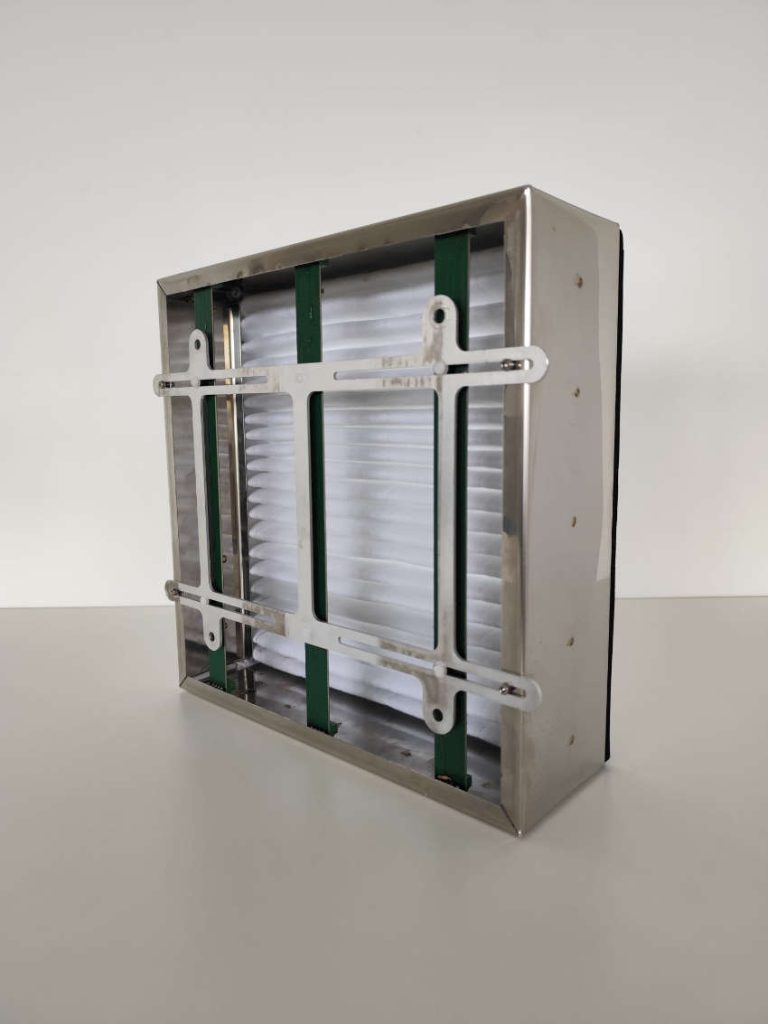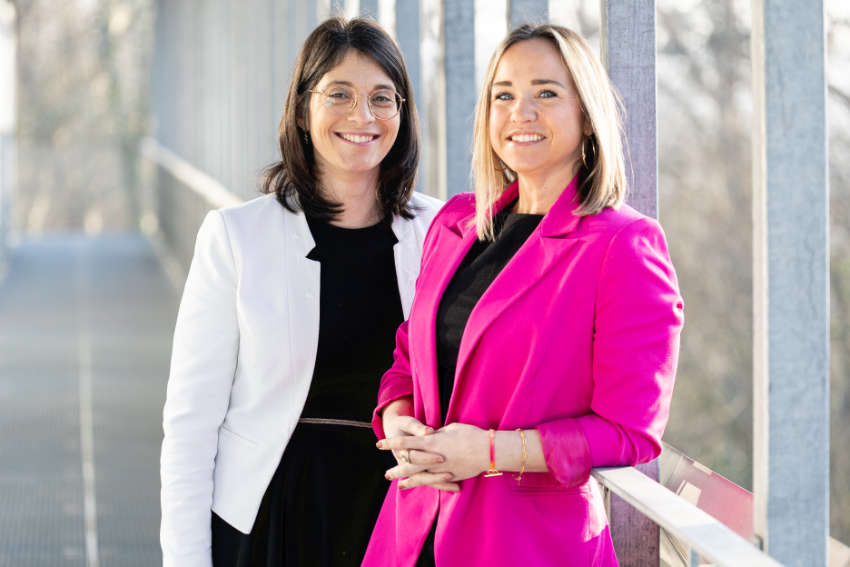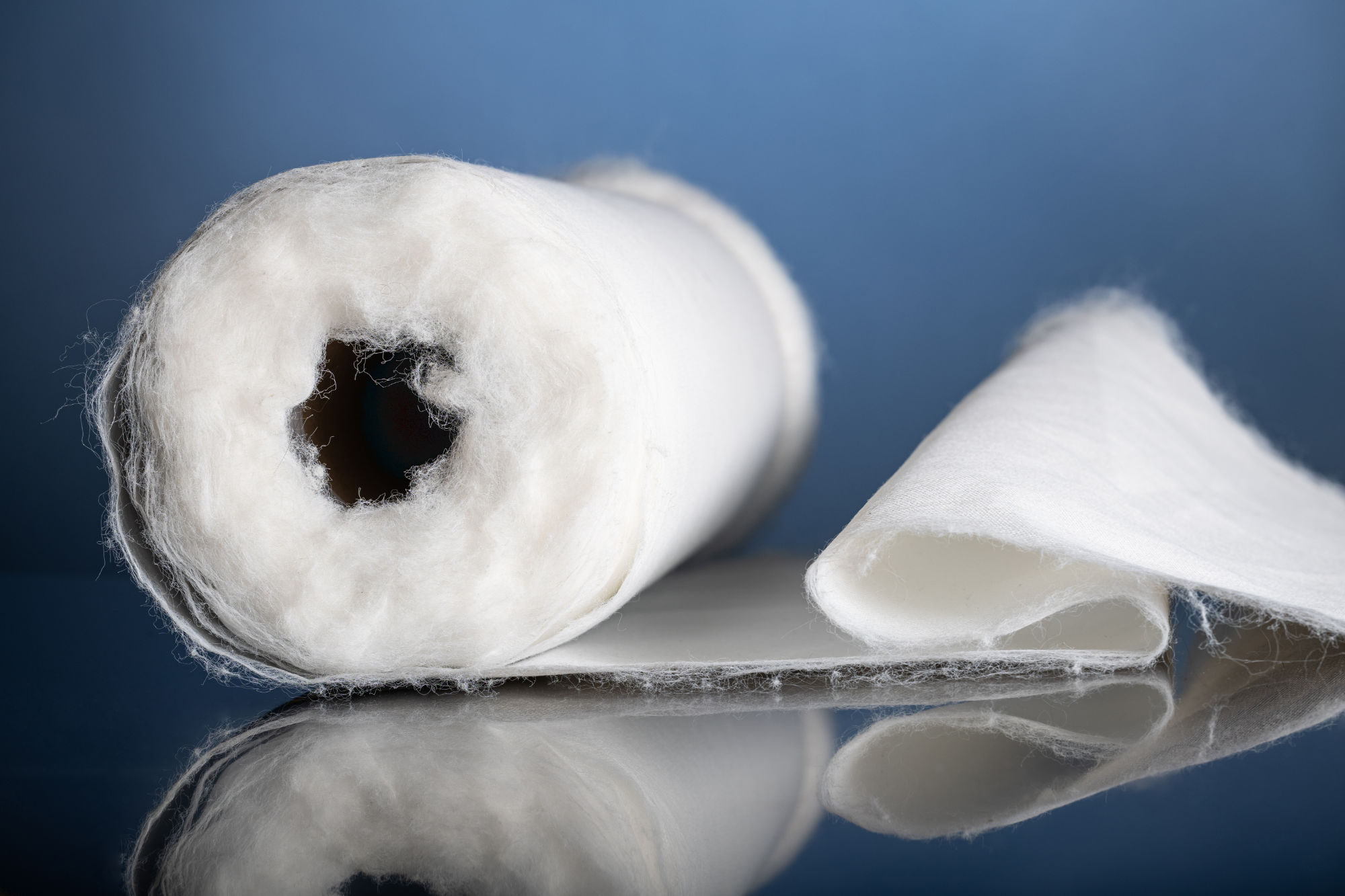Founded in 2020 by Natacha Kinadjian Caplat, PhD in material science, and Manon Vaillant, biotech engineer, Purenat was established to address the inefficiency and unsustainability of conventional air treatment systems, which primarily filter pollutants but fail to eliminate them. Purenat’s innovative approach, born from Natacha’s extensive research in sustainable air quality technologies, moves beyond traditional filtration methods by transforming harmful pollutants (volatile organic compounds, bacteria and sulfur compounds) into harmless molecules, offering a more durable, cost-effective, and environmentally friendly solution for air purification. This revolutionary approach positions Purenat as a forward-thinking leader in the air treatment industry. Purenat technology has been rewarded by the Pollutec Innovation Awards 2023, and Global Industry Awards 2023. The startup has implemented its first pilot project at an industrial site in 2024, demonstrating it high effectiveness in real-life conditions.
Interview with Camille Teixeira, Marketing Business Developer at Purenat.
What are the main areas of activity of the company?
Camille Teixeira: As Europe is reinforcing laws and limitations on industrial emissions, Purenat aims to support industrials achieve compliance by reducing industrial pollution, as well as improving air quality in buildings and enclosed spaces, and reduce global cost with a solution using less energy and requiring less maintenance. Purenat go-to-market strategy targets two industrials sectors:
- Agri-food to help avoiding microbial contamination and health crises caused by airborne pollutants, viruses and bacteria.
- Surface Treatment actors to help limiting release of volatile organic compounds causing greenhouse effect.
We aim to expand our technology’s applications to the Chemical Industry, Waste Treatment, Transport and Construction.
What’s the news about new products/services?
C.T: Purenat technology has been rewarded at Pollutec Innovation Awards 2023 and Global Industry 2023.
In 2024, Purenat has acquired its special machine, started mini-series production and announced a strategic partnership with Clauger, company specializing in cutting-edge expertise in industrial refrigeration, process air treatment air treatment and environmental. This partnership aims to implement pilot projects with Purenat’s patented material on a national scale.

What are the ranges of products/services?
C.T: Purenat has developed a universal filter that does not need to be tailored to specific pollutants or suites of pollutants, making it effective across all families of VOCs and biological contaminants. This versatility simplifies implementation, offering high performance without the need for customization. Flexible and lightweight, Purenat filters allow retrofitting and upgrading existing air treatment systems without the need for major infrastructure modifications, significantly reducing capital expenditure (CAPEX) and new installations size by up to five times. In the short term, the focus is on building strategic relationships with integrators to validate the technology in real-life conditions and secure initial direct sales.
This will be made possible by the provision of a service known as a pilot site. These demonstrators will enhance confidence among end-users regarding the long-term sustainable benefits of the system in a range of realistic applications and locations. The proposed project will first validate the product in two distinct use cases (indoor air remediation in agri-food industry, treatment of point sources in surface treatment industry), laying the foundation for the commercialization strategy.
The demonstrators offer includes the following:
- Personalized Pre-Study: A thorough analysis of the client’s system and its operating conditions to define a unique, tailor-made solution that perfectly fits their needs,
- Proactive Performance Monitoring: Providing concrete metrics and measured proof of pollution reduction, ensuring ongoing effectiveness of the solution,
- Custom Recommendations: Performance report on the pollution abatement achieved by Purenat system, and recommendations for the integration of the solution in a full air treatment system,
- Tailor-Made Solutions: Whether offering Purenat active textiles (semi-finished product) or filters, our products are designed to meet the specific needs of integrators and end-users, ensuring easy adoption and seamless integration into the client’s processes for optimal performance.
What is the state of the market where you are currently active?
C.T: Worldwide, urbanization and industrialization are reaching unprecedented levels around the world. These activities have a negative impact on the environment by polluting the air we breathe.
In Europe, whilst there are still significant non addressed air pollution concerns, directives 2004/107/CE and 2008/50/CE, related to ambient air quality, establish criteria and deadlines for the pollutant concentration in ambient air in all EU Member States, while the Directive 2010/75/UE establishes the maximum concentrations admissible for industrial air emissions. All three Directives state the need for an appropriate air treatment with the purpose of maintaining a good air quality to reduce the health, economic and environmental effects.
Air pollution is also a health disaster. The World Health Organization (WHO) estimated that 99% of the global population is exposed to air pollution , at levels above their given guideline limits. Air pollution is one of the largest public health hazards worldwide, accounting for approximately 8.1 million deaths each year in 2021 (comparable to Switzerland’s population). More precisely, this is more than 1 in 8 deaths worldwide and the second risk factor for deaths, behind high blood pressure and ahead of tobacco and poor diet.

What can you tell us about market trends?
C.T: After years of search and laboratory tests, we are now at a phase of implementing go-to-market strategy. In a first step, we aim to target direct sales to large industrial players in Agri-food and Surface Treatment sectors, this will validate Purenat’s performance in real-world settings, ensuring customer satisfaction and establishing a solid foundation for long-term client retention. Additionally, our objective is to set partnerships with established filter manufacturers. This will be made possible by the provision of a service known as a pilot site. The demonstrators will include: personalized pre-study, proactive performance monitoring, custom recommendations and tailor-made solutions.
What are the most innovative products/services marketed?
C.T: Natacha Kinadjian Caplat developed during her thesis a disrupting solution inspired by diatom, a natural “champion of photosynthesis”. A great deal of research has gone into the development of photocatalytic (artificial photosynthesis) products for air pollution control. The innovation of Purenat lies in the development of this entirely new photocatalytic material, a fiber, that for the first time allows the production of a textile that presents many advantageous features for air filtration. It filters and breaks down organic air pollutants (volatile organic compounds, bacteria, viruses), and transforms them into basic molecules, without release of hazardous by-products. This filter is flexible and thus integrable in a “plug and play” manner, it contains photocatalytic agents in its fiber core instead of just being coated by it, it is sustainable and durable.
What estimations do you have for the rest of 2024?
C.T: In the last quarter of 2024, we set up our first pilot project at an industrial site and demonstrated excellent performance on VOC and odor control. We also have announced a collaboration with Clauger, specializing in air treatment and industrial refrigeration, and we have launched mini-series production of our innovative textile.
Our goal for 2025 is to set up several pilot projects with industrials in the surface treatment and agro-food industries to validate Purenat performance in real-world setting, ensuring customer satisfaction and establishing a solid foundation for long-term client retention.


